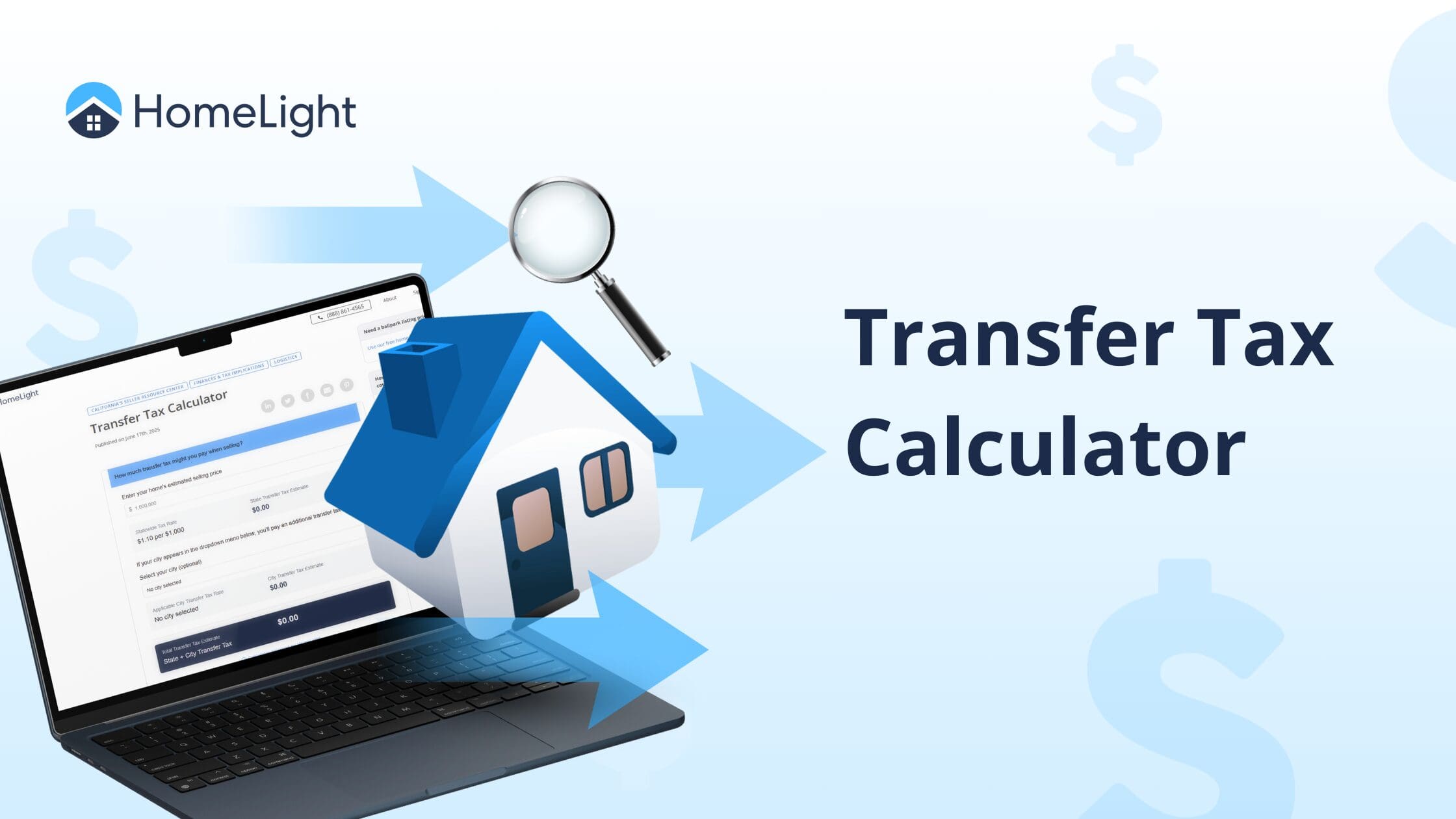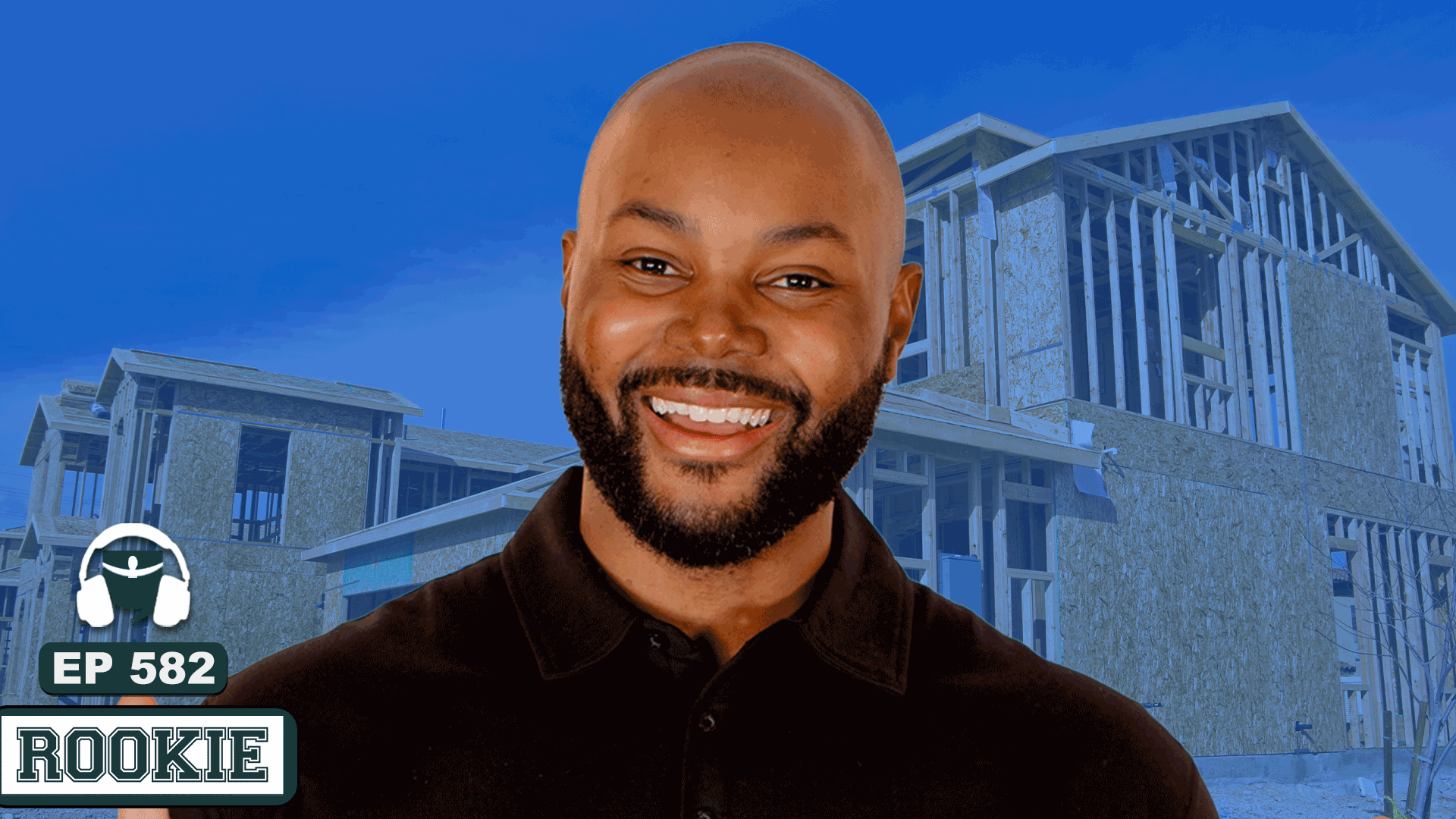Starting a new job doesn’t automatically disqualify you from getting a mortgage, but it can raise some red flags for lenders. If you’re wondering Can I get a mortgage if I just started a new job?, the good news is that it’s possible. However, you may need to take a few extra steps to prove your financial stability and reliability as a borrower.
This Redfin article explains how job changes impact the mortgage process and what lenders look for—whether you’re applying for a home loan in Raleigh, NC or preparing to close on a house in Denver, CO.

Why lenders care about job history
When you apply for a mortgage, lenders want to know you’ll be able to make your monthly payments. One way they assess this is by looking at your employment history.
Ideally, they like to see consistent income over the past two years – typically with the same employer or within the same industry.Changing jobs doesn’t automatically hurt your chances, but lenders will want reassurance that your new income is stable and ongoing.
Can you qualify for a mortgage right after starting a new job?
Yes, but it depends on your situation. Here’s how different scenarios may affect your mortgage application:
1. Same industry, similar role
If you switched to a new job in the same field, especially with a pay increase, most lenders won’t see it as a problem.
Example: If you’re a nurse who just moved from one hospital to another, your consistent career path shows stability, which lenders like.
2. Different industry or career change
If you’ve changed industries entirely, lenders may want more documentation to understand the transition.You may be asked to provide additional documentation, such as:
- Offer letter with your salary and terms of employment
- Proof of first paycheck or start date
- Explanation letter if your field is entirely new
3. Probationary period
If your new job has a probationary or trial period, lenders may wait until it’s over before approving your mortgage. Some may approve with conditions or ask for additional income documentation.

What do lenders look for if you just started a new job?
If you’ve recently switched jobs, here’s what lenders typically want to see:
- A signed offer letter or employment contract
- Proof of income (such as pay stubs or direct deposit records)
- Job stability (consistent career or strong resume history)
- A good credit score
- Low debt-to-income ratio
- Savings or reserves for emergencies
What happens if you change jobs while buying a house?
Changing jobs during the homebuying process can complicate things, but it doesn’t necessarily derail your mortgage application.
Changing jobs after mortgage pre-approval
If you switch jobs after getting preapproved, your lender will likely need to reverify your income and employment. This could delay the process, especially if:
- You change industries
- Your new income is lower or unstable
- You haven’t started the new position yet
Always notify your lender right away if you change jobs after pre-approval to avoid surprises.
Changing jobs before closing on a house
Changing jobs just before closing can be riskier. Most lenders do a final employment verification days before closing. If they can’t confirm your employment or income, it could delay or cancel the closing.
Tip: Avoid changing jobs until after you close on your home, if possible. If a change is unavoidable, keep all documentation and work closely with your lender to update your file promptly.
Exceptions: Special loan programs for recent job changes
Some loan types are more flexible than others:
1. FHA Loans
The Federal Housing Administration (FHA) allows applicants to qualify with less job history, especially if they can prove future income or recent graduation.
2. VA Loans
If you’re a veteran, VA loans can be flexible if your new job is consistent with your past employment or military service.
3. Conventional Loans
These tend to be stricter but can still work with a new job if you meet the income and credit requirements.
Tips for getting a mortgage after starting a new job
If you recently switched jobs, here’s how to improve your odds:
- Wait until you’ve received your first paycheck.
- Get a strong employment verification letter showing job security and salary.
- Avoid major financial changes (like buying a car or racking up debt) during the approval process.
- Maintain or improve your credit score.
- Work with a lender who understands your situation and is familiar with different loan programs.

Can you get preapproved for a mortgage with a new job?
Yes. Mortgage preapproval is possible if you can document your new income. Many lenders will accept an offer letter as proof—especially if it’s signed and you’re starting within 30–90 days. However, they may delay the final approval until after you’ve officially started.
What if you’re self-employed or a freelancer?
Self-employed borrowers usually need at least two years of income history to qualify for a mortgage. If you just started freelancing or gig work, it may be harder to get approved right away.
Tip: Consider waiting until you’ve filed two years of tax returns—or explore bank statement loans or other non-traditional loan options.
Final thoughts: Getting a mortgage with a new job is possible, with the right preparation
Starting a new job doesn’t mean homeownership is out of reach. If you can show a steady income and strong financial habits, many lenders will still consider your application. Just be ready to provide extra documentation—and work with a lender who understands your unique path.



















 English (US) ·
English (US) ·